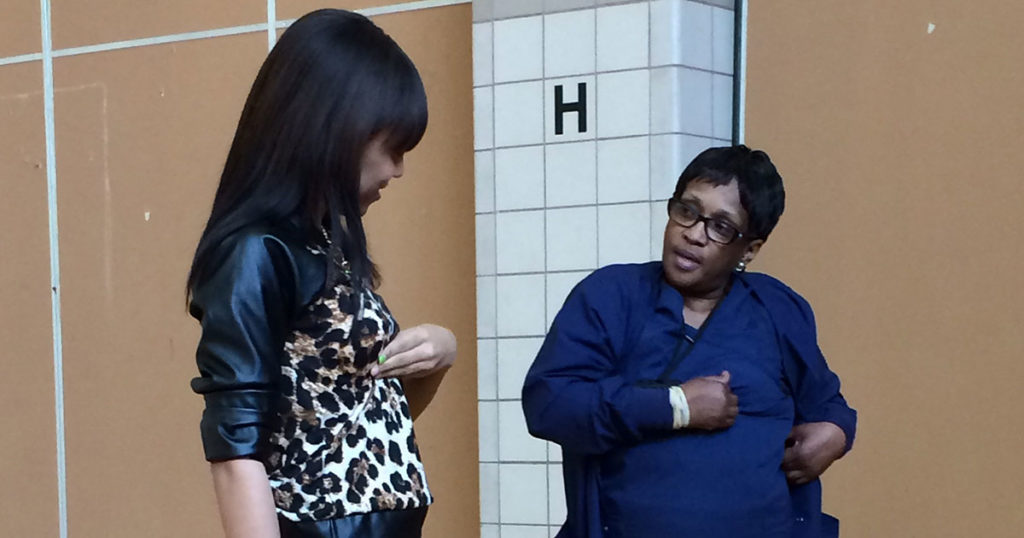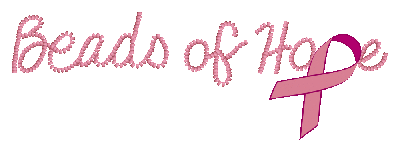In our work with cancer patients and their caregivers in the underserved and minority populations throughout Queens, we have learned that health and health care are not the same for everyone.

Unfortunately, through all stages of breast cancer—prevention, diagnosis, and treatment—women of color have serious disadvantages when compared to white women and the trend shows no sign of reversing, according to a recent report from the American Cancer Society.
Breast Cancer Diagnosis Rates
The 2015 report, which compares the most recently available data, details the racial disparities between breast cancer incidence and mortality rates. It shows for the first time that black women have a nearly equal breast cancer incidence rate as white non-Hispanic women, who have long held the dubious honor of highest diagnosis rate.
African-American women in the U.S. have an incidence rate of 124.3 out of 100,000 and non-Hispanic white women have an incidence rate of 128.1. In contrast, Hispanic and Asian/Pacific-Islander women have incidence rates of 91.9 and 88.3 respectively. Worse yet, while incidence rates among whites have remained stable since 2004, the incidence rates for black women have increased.
According to an article in the New York Times initially, higher diagnosis rates among women of color were thought to be a result of an increase in breast cancer screenings, but further analysis shows that screening rates among women as a whole have remained stable and other factors are likely at play. One such factor is the rising obesity rate in the African-American community (a 39% increase from the previous 10 year period). Black women are also delaying childbirth until later in life and having fewer children, which are also contributing factors to the new higher diagnosis rates.
Mortality Rates
The rising incidence rates come as a blow to African-American women, who already face significantly higher breast cancer mortality rates than other races and ethnicities. According to the American Cancer Society, black women in the U.S. have a mortality rate of 31 in 100,000, followed by white women at 21.9 in 100,000. And women of color are more than twice as likely to die from breast cancer than both Hispanic and Asian/Pacific Islander women.
Higher mortality rates for black women have a number of causes. For one, African-American women are nearly two times as likely than white women to be diagnosed with triple-negative breast cancer. This type of breast cancer is harder to treat and has a higher mortality rate. 22% of all breast cancer cases among black women are triple negative breast cancer, while triple negative breast cancer only accounts for 11% of cases among white women.
According to the American Cancer Society report, women of color are also more likely to have their breast cancer diagnosed at later less-treatable stages than other races, further adding to increased mortality rates. In addition, there is a large gap between the 5-year survival rate for white and black women—81% for blacks and 92% for whites.
What Can We Do?
These sobering statistics enforce more than ever the importance of outreach in our communities. While there are certainly breast cancer risk factors that cannot be helped—like family history or genetics—there are so many things that can be done to improve our odds of preventing breast cancer, detecting it early, and treating it successfully. Our mission at SHAREing & CAREing is to make this a reality.
In the prevention category, we believe in reaching out to young people, either at home or in community- and school-based venues, like our Be A Friend To Your Mother school program. There are many healthy habits—like exercise, good nutrition, and breast self-exams—that, when begun as a young adults, make a substantial difference in our risk of getting breast cancer later in life.
In the realm of diagnosis, SHAREing & CAREing’s goal is to get all women diagnosed as early as possible. Our B.E.A.T. program helps educate women about breast cancer screenings and makes mammograms accessible to women without health insurance or full coverage. Getting diagnosed at earlier stages means an improved outcome for women and their families.
Get our “Thriver Thursdays” Email
Get all the latest cancer prevention and treatment news plus upcoming survivor programs, straight to your inbox every Thursday. Your privacy is important to us.
Once diagnosed, breast cancer treatments should be explained in understandable terms by doctors, be timely, and affordable, no matter your financial or ethnic background. By linking cancer patients to affordable cancer treatments and affordable post-treatment supplies, and helping them navigate the medical and insurance systems, SHAREing & CAREing hopes to increase the quality of care for those in our community who have been historically left behind.
If you need personal help with your diagnosis or getting proper screenings, please contact us. Our founders and the amazing members of our survivorship support group have been in your shoes; we can help.
If you know of a community group, venue, or school who would like to host our Be A Friend To Your Mother workshops, please let us know. We would love to reach out and educate even more people in the Queens community about their prevention and early detection options. Together, we can help those in our underserved communities get the education, treatment, and preventative services that every one of us deserves.

